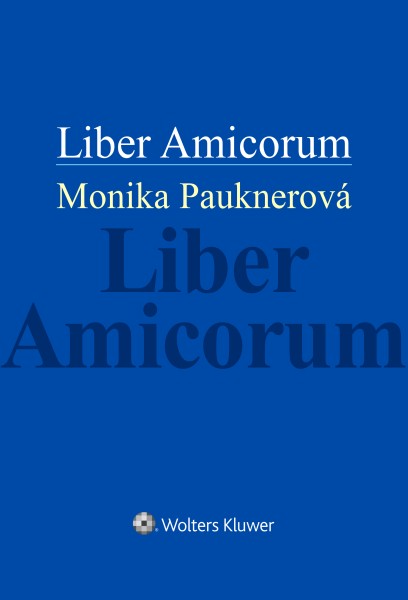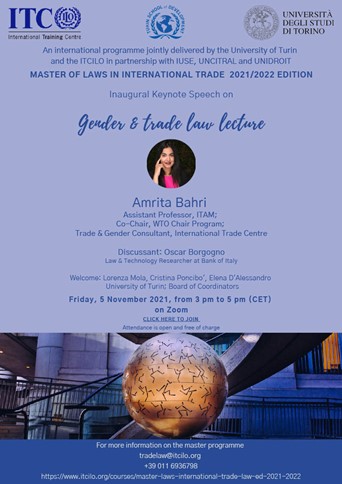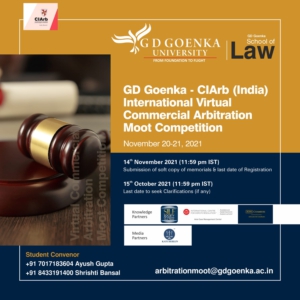On October 18, 2021 Professor Monika Pauknerová, professor for private international law and international trade law at Charles University in Prague, Czech Republic, celebrated a significant jubilee. Colleagues and friends from many countries contributed to a liber amicorum to her honour:
Magdalena Pfeiffer, Jan Brodec, Petr Bríza and Marta Zavadilová (eds.). Liber Amicorum Monika Pauknerová. Praha: Wolters Kluwer ?R, 2021, 552 p. ISBN 978-80-7676-186-5. The publication contains 47 contributions in English, Czech and Slovak, most of them on private international law.

TABLE OF CONTENT
Nadia de Araujo and Marcelo De Nardi
International Jurisdiction in Civil or Commercial Matters: HCCH´s New Challenge
Jürgen Basedow
International Transport Conventions and the European Union
Paul Beaumont and Jayne Holliday
Habitual Residence in Child Abduction Cases: The Hybrid Approach Is Now the Norm bur How Much Weight Should Be Given to Parental Intention?
Alexander J. Belohlávek
Conflicting Interpretations of International Treaties
Karel Beran
Cím se liší „právní entita“ od právnické osoby (úvaha nad „jinou než fyzickou
osobou“ podle § 30 odst. 1 z. m. p. s.)
Michael Bogdan
Article 36 of the EU Insolvency Regulation and the Treatment of General
Priority Rights
Jan Brodec
Vliv lex loci arbitri na prubeh mezinárodní obchodní arbitráže
Petr Bríza
Determination of the Law Applicable to a Share Transfer Agreement: Are All
Doubts Dispelled after the TVP Case?
Giuditta Cordero-Moss
Private International Law in Arbitration
Elizabeth B Crawford and Janeen M Carruthers
The Incurious Curia
Stanislava Cerná
Stát jako ovládající osoba
Lucie Dolanská Bányaiová
Jak moc musí být cizí rozsudek vykonatelný?
Katerina Eichlerová
EMCA – inspirace (nejen) pri vymezení požadavk? na oznacení pobocky
Richard Fentiman
Foreign Law as Local Law: a Case of Mistaken Identity?
Zuzana Fišerová
Zamyšlení nad kolizní úpravou pro rozvod manželství s mezinárodním prvkem
aneb nastal cas, aby CR pristoupila k narízení ?ím III?
Cristina González Beilfuss
Prorogation of Jurisdiction in Parental Responsibility Matters under Regulation
(EU) No. 2019/1111
Trevor Hartley
The Concept of a Consumer under Brussels I: the Petruchová Case
Elena Júdová
Špeciálne režimy v európskom medzinárodnom práve súkromnom
Zdenek Kapitán
Mezinárodní pravomoc ceských soudu ve vecech péce o deti založená na
státním obcanství
Catherine Kessedjian
Mediation for Disputes in Investment Matters
Zdenek Kühn
Vztah ceské Ústavy k mezinárodnímu právu
Ivana Kunda
Overriding Mandatory Provisions before the CJEU: Takaways or Getaways?
Tuula Linna
Sustainability and Insolvency Proceedings
Alena Macková a Filip Crncevic
Systém mimosoudního rešení sporu spotrebitel? v CR perspektivou ADR
Peter Mankowski
Presumptions, Escape Clauses and Protective Regimes under the Rome
I Regulation
Milan Müller
Mezinárodní postoupení pohledávek a jeho úcinky na tretí strany ve svetle
pripravované nové evropské právní úpravy
Hans Ulrich Jessurun d’Oliveira
“Latent” Citizens. What Do They Tell Us about the Concept of Citizenship?
Jan Ondrej
Smlouvy o mezinárodní preprave se zamerením na Úmluvu o prepravní
smlouve v mezinárodní silnicní nákladní doprav? a její provádení v právu CR
Daniel Patek
Úcinky (nekalé) souteže
Marta Pertegás Sender
Cross-Border Liability Cases in the European Union: No Good Match with the
Special Jurisdiction Rules of the Brussels I Regulation?
Magdalena Pfeiffer
The Cinderella Treatment of Foreign Arbitral Awards in the Czech
Enforcement Procedure
Fausto Pocar
Brief Remarks on the Relationship between the Hague Judgments and Choice
of Court Conventions
Helena Prášková
Konsenzuální a smírná rešení rozporu ve verejné správe
Ilaria Pretelli
Three Patterns, One Law: Plea for a Reinterpretation of The Hague Child
Abduction Convention To Protect Children from Exposure to Sexism,
Misogyny and Violence Against Women
Elena Rodríguez Pineau
Parallel Litigation in Proceedings Relating to Data Protection
Nadežda Rozehnalová
Cesta k soucasnému uchopení imperativních predpis?
Kvetoslav Ružicka
Náklady stran v rozhodcím rízení
Pavel Simon
Potíže spojené s ur?ením místn? p?íslušného soudu ve sporech s mezinárodním
prvkem aneb o zbyte?nosti § 11 odst. 3 o. s. ?.
Michal Skrejpek
Commercium inter gentes
Josef Staša
Cel?eprávní procesní mix po cesku
Pavel Svoboda
Trnitá cesta ke kodexu unijního správního práva procesního
Pavel Šturma
Pojem due diligence v mezinárodním investicním právu
Zbynek Švarc
Odpovednost dopravce za škodu v mezinárodní silnicní preprave zboží
Michal Tomášek
Nejpríznivejší sudište japonských šógunu
Aukje A.H. van Hoek
The Declaratory Judgment—between Remedy and Procedural Technique
Spyridon Vrellis
Family Reunification in Greek Immigration Law
Marta Zavadilová
Kulhající manželství osob stejného pohlaví
For further information see here.




